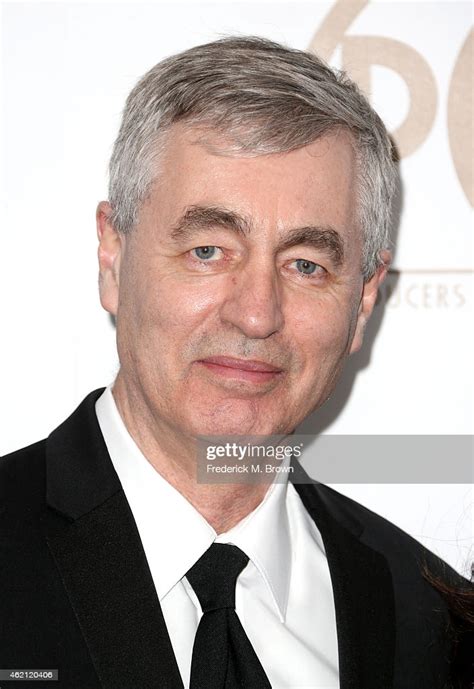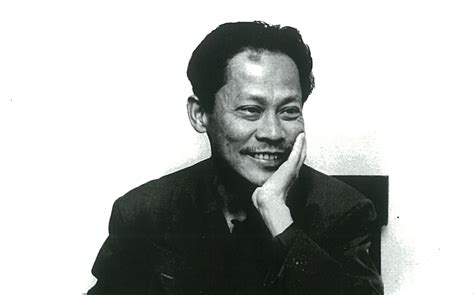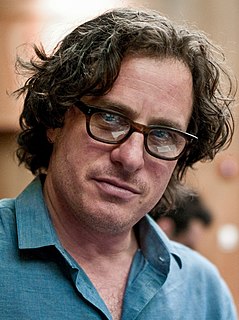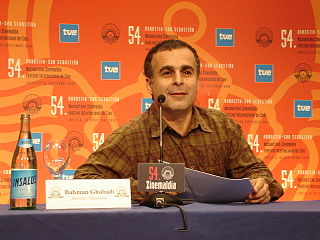A Quote by Ananya Birla
I am really into crime documentaries.
Quote Topics
Related Quotes
From a young age, I wanted to play in the NBA. Oh well... It was when I was a senior in college that I fell for film, but even then, it wasn't documentaries. It wasn't until I ended up in graduate school at Southern Illinois University that I really discovered documentaries and thought that maybe that would be my calling.
The best crime stories are always about the crime and its consequences - you know, 'Crime And Punishment' is the classic. Where you have the crime, and its consequences are the story, but considering the crime and the consequences makes you think about the society in which the crime takes place, if you see what I mean.
One day I decided to move towards documentaries or to move to more directing in documentaries at this point in my career. Why documentaries? I also love fiction. I would love to direct a fiction movie as well. But I think where I come from, reality is so interesting and has in it so many good stories to tell, this is why I'm doing that. I'm enjoying that.




































